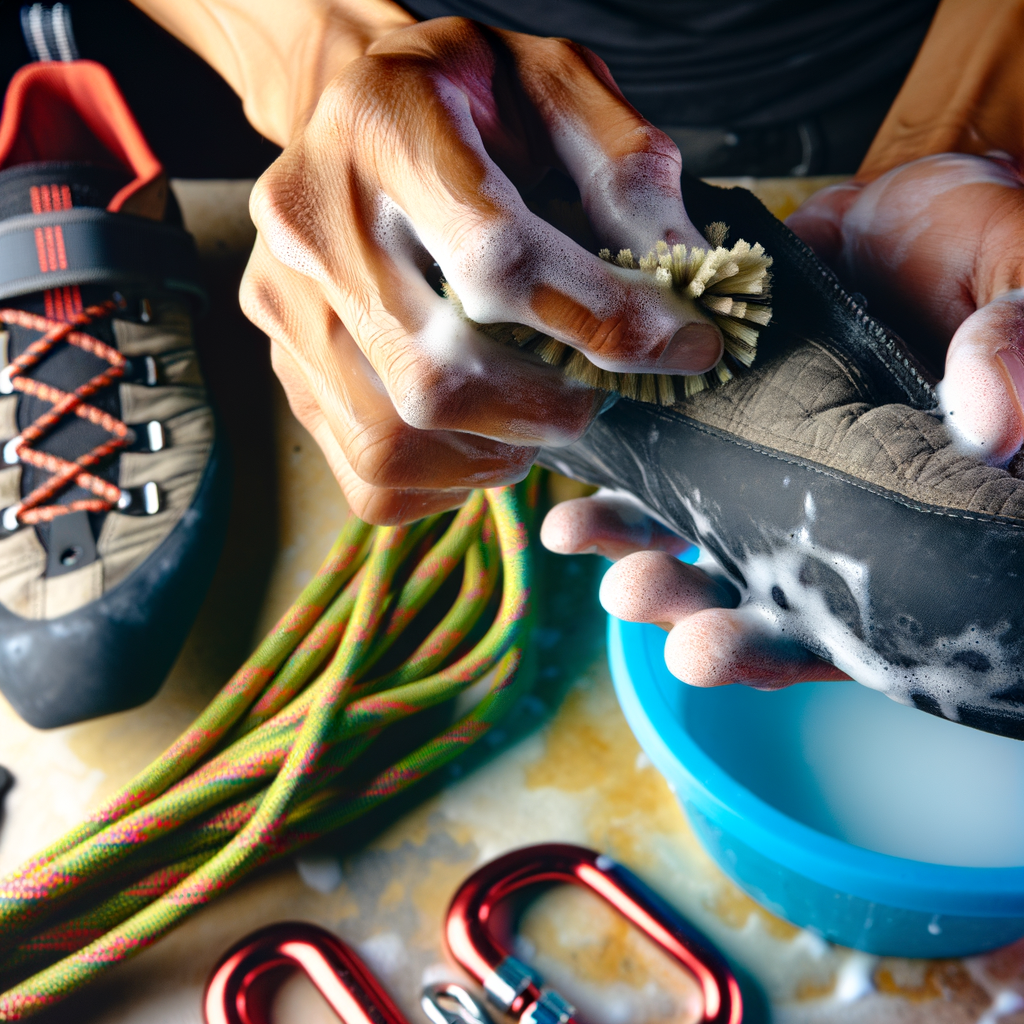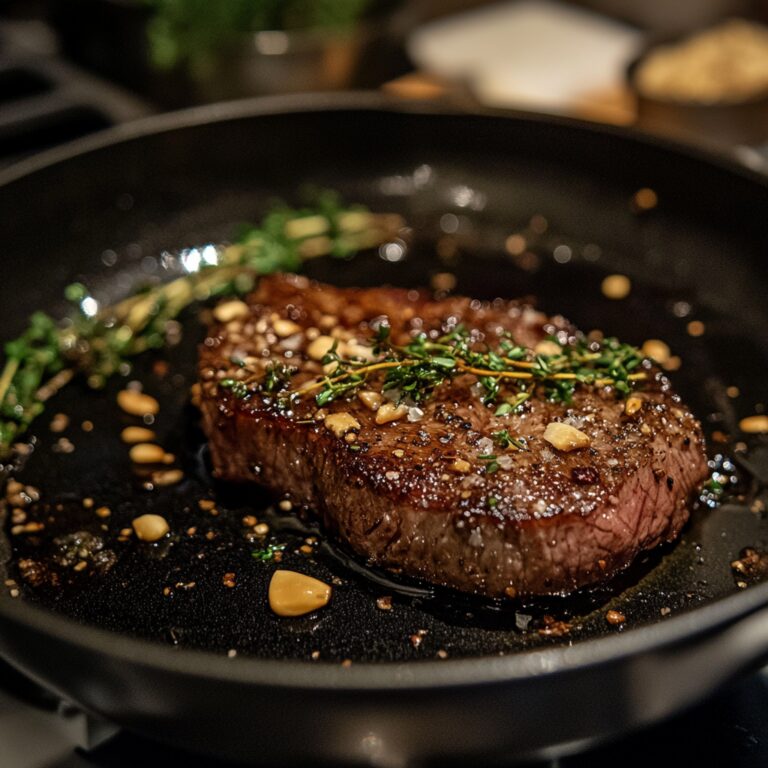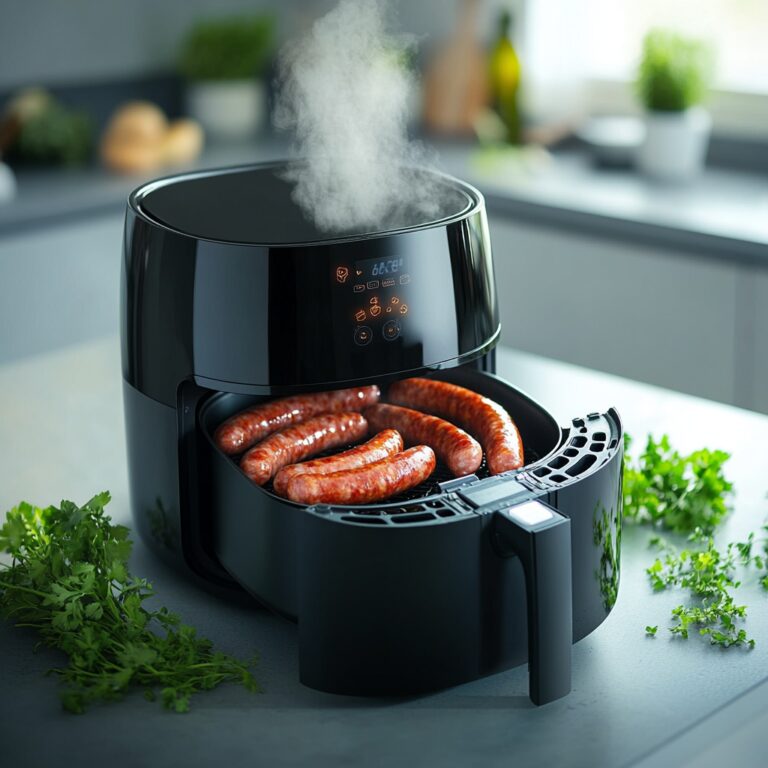Ultimate Guide: Best Methods to Clean Climbing Shoes Effectively
Climbers know that maintaining their gear is crucial not only for performance but also for hygiene and durability. Among the most essential pieces of gear are climbing shoes, which are subjected to intense wear, grime, and sweat. Proper cleaning not only increases their lifespan but also ensures optimal grip and comfort. This guide will walk you through the **best methods to clean climbing shoes** effectively.
Why Regular Cleaning Is Important
Regular cleaning of climbing shoes is essential for several reasons:
- Performance: Dirt and grime can affect the rubber’s grip, reducing performance on the rock or in the gym.
- Hygiene: Sweat and bacteria can cause unpleasant odors and even mold growth.
- Durability: Dirt can wear down the shoe materials faster, reducing their lifespan.
- Comfort: Clean shoes ensure a more comfortable climbing experience.
Pre-Cleaning Preparation
Before diving into cleaning, it’s essential to prepare your climbing shoes properly.
1. Remove Excess Dirt
Gently tap your shoes together or use a soft brush to remove loose dirt and debris. This prevents dirt from embedding deeper into the materials.
2. Take Out the Insoles
If your climbing shoes have removable insoles, take them out. This will allow for a more thorough cleaning and faster drying.
3. Inspect for Damage
Before cleaning, check for any damages like holes or loose rubber. Addressing these issues beforehand can prevent further damage during the cleaning process.
Hand Washing Method
Hand washing is the safest and most effective way to clean climbing shoes without damaging them.
1. Fill a Basin with Lukewarm Water
Use a basin or sink filled with lukewarm water. Add a small amount of mild detergent or special gear cleaner designed for delicate fabrics.
2. Gently Scrub
Use a soft brush or cloth to scrub the shoes gently. Pay extra attention to high-contact areas like the toe box and heel. Avoid using abrasive brushes that can damage the rubber or fabric.
3. Clean the Inside
Don’t forget the shoe’s interior. Use a damp cloth with a little detergent to wipe the inside. This helps remove accumulated sweat and bacteria that cause odors.
4. Rinse Thoroughly
Ensure all detergent residues are removed by rinsing the shoes thoroughly with clean lukewarm water. Detergent left behind can stiffen the materials and attract more dirt.
5. Air Dry
Stuff the shoes with newspaper or towels to maintain their shape and absorb excess moisture. Place them in a well-ventilated, shaded area to air dry. Avoid direct sunlight or heat sources like radiators, as these can warp the rubber and materials.
Using a Washing Machine
While hand washing is preferred, some climbers opt for the convenience of a washing machine. Use this method with caution to avoid damage.
1. Use a Mesh Laundry Bag
Place your climbing shoes in a mesh laundry bag to protect them during the wash cycle.
2. Choose the Right Settings
Set the washing machine to a gentle cycle with cold water. Use a small amount of mild detergent.
3. Air Dry Only
Never use a dryer for climbing shoes. After the wash cycle, follow the air drying process as mentioned above.
Preventive Measures for Clean Climbing Shoes
Maintaining clean climbing shoes doesn’t stop with regular washing. Incorporate these preventive measures into your routine to keep them in top condition.
1. Use Socks
Wearing thin, moisture-wicking socks can help absorb sweat, reducing odor and bacterial growth inside your shoes.
2. Clean After Every Climb
Give your shoes a quick wipe-down after each climb. This prevents dirt build-up, making deep cleaning sessions less frequent and more effective.
3. Proper Storage
Store your climbing shoes in a cool, dry place. Avoid leaving them in hot cars or damp bags, as extreme temperatures and humidity can deteriorate the materials.
4. Rotate Shoes
If you climb frequently, consider rotating between two pairs of shoes. This gives each pair time to air out fully, reducing moisture build-up.
Special Considerations
Some climbing shoe materials require special attention. Here’s how to handle them:
1. Leather Shoes
Leather climbing shoes can lose their shape if soaked in water for too long. Use minimal water and focus on surface cleaning. Conditioning the leather after drying can keep them supple.
2. Synthetic Shoes
Synthetic materials are generally more forgiving with water but tend to hold odors. Using a specialized odor eliminator can help maintain freshness.
Frequently Asked Questions
Can I Use Baking Soda?
Yes, sprinkling a small amount of baking soda inside the shoes overnight can neutralize odors. Be sure to shake out any excess before using the shoes again.
Is It Safe to Use Commercial Shoe Cleaners?
Commercial shoe cleaners are generally safe but always check the label to ensure compatibility with climbing shoe materials. Test on a small area first.
How Often Should I Clean My Climbing Shoes?
The frequency depends on usage. For regular climbers, a thorough cleaning once a month and quick wipes after each climb should suffice.
By following these tips and methods, you can ensure that your climbing shoes remain clean, comfortable, and in excellent condition, allowing you to focus on conquering the next climb with confidence.





